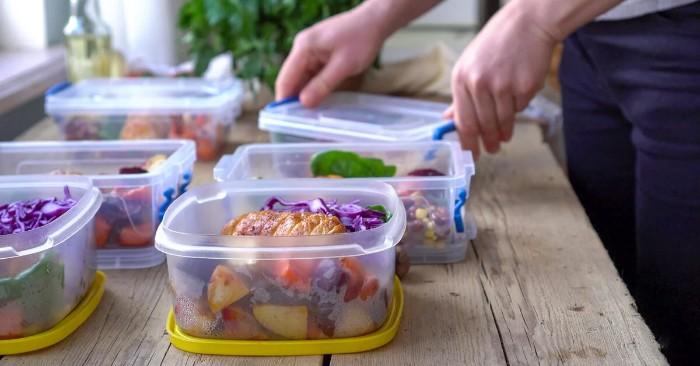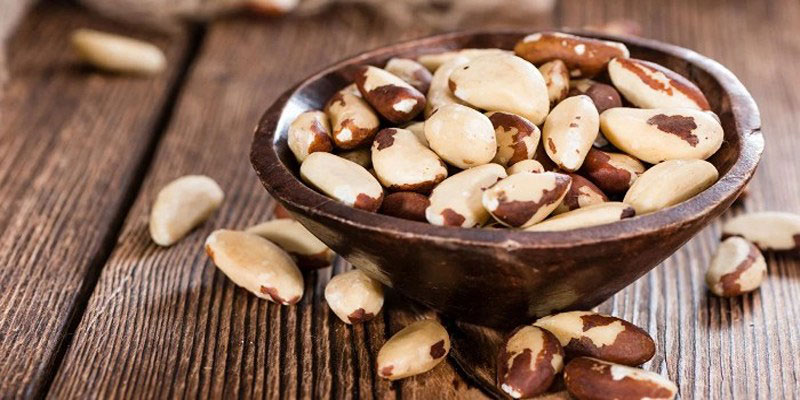Achieving a healthy weight is an important goal for any woman. But with our busy day-to-day lives, it can be difficult to find the time and energy to plan meals that are both nutritious and help to promote weight loss.
Thankfully, plenty of meal plans are designed specifically for women looking to cut back on calories without going hungry or feeling deprived. Here we will look at some of the best weight loss meal plans for women that prioritize nutrition and convenience so you don’t have to sacrifice taste or health to achieve a healthier weight.
Understanding Your Nutritional Needs for Weight Loss
Regarding weight loss, the best meal plan for women provides the essential nutrients and energy needed while keeping calories low. A balanced diet should include a variety of fruits, vegetables, whole grains, lean proteins, dairy products, and healthy fats like those found in nuts and seeds. Limiting processed foods, added sugars and saturated fats is also important.
When creating a meal plan for weight loss, it is important to consider your individual caloric needs and the recommended daily intake of essential nutrients. Women should aim for around 1200-1500 calories per day, depending on their age and activity level. Additionally, women need adequate protein intake to fuel metabolism and muscle growth. Furthermore, the 2015-2020 Dietary Guidelines for Americans recommends that women get at least 25 grams of fiber per day and 2.7 mcg of vitamin B12 daily.
Finding the Right Foods to Eat

The key to losing weight is eating healthy and knowing which foods are best for your body. Eating the right types of food will help you get the most out of your diet plan and ensure you stay on track with your goals. The best way to find out what foods you should include in your weight-loss meal plans is to get advice from a registered dietitian or healthcare provider.
It would be best to focus on consuming more fruits and vegetables, lean proteins like fish and chicken, whole grains, healthy fats like nuts and seeds, and low-fat dairy products. Avoiding processed foods high in sodium and sugar can also help you achieve your weight loss goal.
Eating smaller portions more frequently throughout the day can also benefit weight loss. Eat three meals and two snacks daily to keep hunger at bay and maintain energy levels.
Meal Plans to Help You Lose Weight
A well-planned diet is essential for success when it comes to losing weight. Women must pay close attention to their diets to achieve their desired results and stay healthy. The best way to do this is by following meal plans specifically tailored toward helping women lose weight.
The most important factor when selecting the best weight loss meal plan for you is ensuring it fits your lifestyle. Look for a plan with an appropriate amount of calories, macronutrients, and micronutrients so you can feel great and still reach your desired weight loss goals.
The Mediterranean diet is a popular meal plan to help women lose weight. This plan focuses on eating whole, unprocessed foods such as fruits, vegetables, lean proteins, fish, and healthy fats. Limiting your intake of red meat and saturated fats is also important. The Mediterranean diet has been proven to improve overall health while helping women lose weight by reducing cravings for unhealthy foods and managing blood sugar levels.
Tips for Sticking to Your Meal Plan
More than creating an effective meal plan is needed; it is equally important to be able to stick with the plan and make sure that you are getting the best out of it. Here are some tips for sticking to your weight loss meal plan:
1. Plan: Make sure you plan and schedule meals and snacks. Planning ensures you don't find yourself in a situation where your options are unhealthy or off-limits.
2. Have Healthy Alternatives: Make sure to have healthy alternatives available always so you don’t end up reverting to junk food or takeaways when you are pressed for time.
3. Set Realistic Goals: Make sure you set realistic goals. Realistic goals will help keep you on track and motivate you to stick with your plan.
4. Track Your Progress: Keep track of your progress and note how much weight you have lost over a certain period. This will keep you motivated and encourage you to keep up with the meal plan.
5. Stick With It - Make sure you stick with your meal plan, even when it gets challenging. A positive mindset will help you stay on track and reach your goals quickly.
How To Create a Balanced Diet For Women

Regarding weight loss, a balanced diet is one of the essential elements for success. Creating a well-balanced meal plan tailored to your needs and goals can help you reach your ultimate weight loss target.
The best approach for creating a balanced diet for women is to focus on portion control and moderation of food groups. Here are some tips to help you get started:
- Eat various nutrient-dense foods that provide essential vitamins and minerals for overall health.
- Ensure your diet includes lean proteins, healthy fats, fresh fruits and vegetables, and whole grains.
- Incorporate low-calorie snacks such as nuts, fruits, or yogurt.
- Avoid processed foods and refined carbohydrates high in sugar and low in nutrients.
- Drink plenty of water throughout the day to stay hydrated.
FAQs
How can I lose 8 kgs without exercise?
inciding a healthy diet full of nutrient-dense, low-calorie foods with regular physical activity will help you achieve your desired weight loss goal. Although it may be difficult to lose 8 kgs without exercise, limiting caloric intake and avoiding processed foods can go a long way in helping you reach your goal.
What is an egg diet?
The "egg diet" mostly eats eggs, lean proteins, and non-starchy vegetables. A low-calorie diet limits fat intake while providing your body with essential nutrients for proper functioning.
How many calories is 1 kg?
Incidentally, 1kg of body weight is equal to approximately 7700 calories. Therefore, to lose 8kg of body weight, you must create a calorie deficit of at least 61600 calories. Doing so safely and gradually requires that you make lifestyle changes, such as incorporating healthy eating and physical activity into your daily routine.
Conclusion
Eating healthy and caring for your body should be more enjoyable than daunting. Understanding your nutritional needs and finding the right foods can create a diet plan that works best for you. While meal plans are helpful, don’t forget to pay attention to small changes; these will help you sustain healthier eating habits over time. In addition, make sure to add some variety into what you’re consuming by incorporating some of those foods you may have previously shied away from, as well as indulging in more bakery-fresh options like pastries or cakes once in a while.




